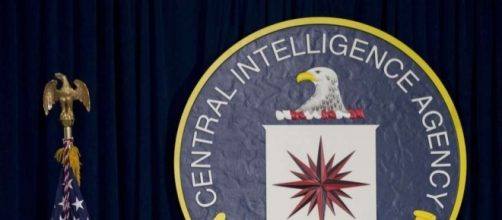Household gadgets, home appliances, electronic devices, GPS systems and numerous additional items have made their way into mainstream settings, making life easier in some ways yet, also, riskier. The fact is, smart technology is a double-edged sword. Several components may jeopardize privacy.
The average person – following the news about WikiLeaks and its release of alleged CIA hacking tools – needn’t overreact, yet possibly take some steps to better ensure the safety of voice-activated and electronic sensor-reliant technology.
Safeguards in Reach
People determined to hack will hack. Companies make millions each year on the guarantee that there will be exploits. Software updates and patches are examples in response, which is reactive. People can also respond by taking a pro-active role in protecting privacy:
- Regularly check for updates and patches and install those – to better thwart virus, malware and other intrusions that can compromise privacy and peace of mind.
- Use the best kill switch available: Power down, or power off and unplug.
- Encrypt sensitive files (folders, photos, and data that is invaluable and shouldn’t be in the wrong hands).
- Change passwords frequently. Don’t use easy to guess passwords, such as 1234. Include upper- and lower-case letters, a number or two and a symbol. The stronger the password, the harder to hack.
- Use an external, removable memory device for keeping valuable information away from prying eyes.
It may not be reasonable or feasible to respond to news about Wikileaks with overkill: Going off the grid technologically.
If that is what holds appeal, that’s perfectly acceptable. In turn, however, doing so will impose limits that need not be self-inflicted. The average person is not likely in the scope of monitoring agencies.
Ramifications of WikiLeaks’ CIA Leaks
People may think “it” can happen to anyone. Yes, hacking does happen. But to be on the CIA’s (or additional agencies’) radar, individuals are earmarked by algorithms. If not harboring an intent to wreak havoc or cause harm to others, it significantly lowers the likelihood that Big Brother has taken a special interest.
A thought worthy of contemplation is: How is it that the WikiLeaks founder, Julian Assange, claims to have obtained the leaked CIA documents?
As with previous so-called “leaks” published by WikiLeaks, it was someone in a trusted position who provided the data. That “trusted” individual has neither the time nor the means to steal from average people on a mass scale. All indicators point to it having been an inside job at the CIA.
The takeaway is that the majority of people have less cause for concern from CIA measures taken to eavesdrop than do people who have malicious intent toward mass amounts of people or governments.

